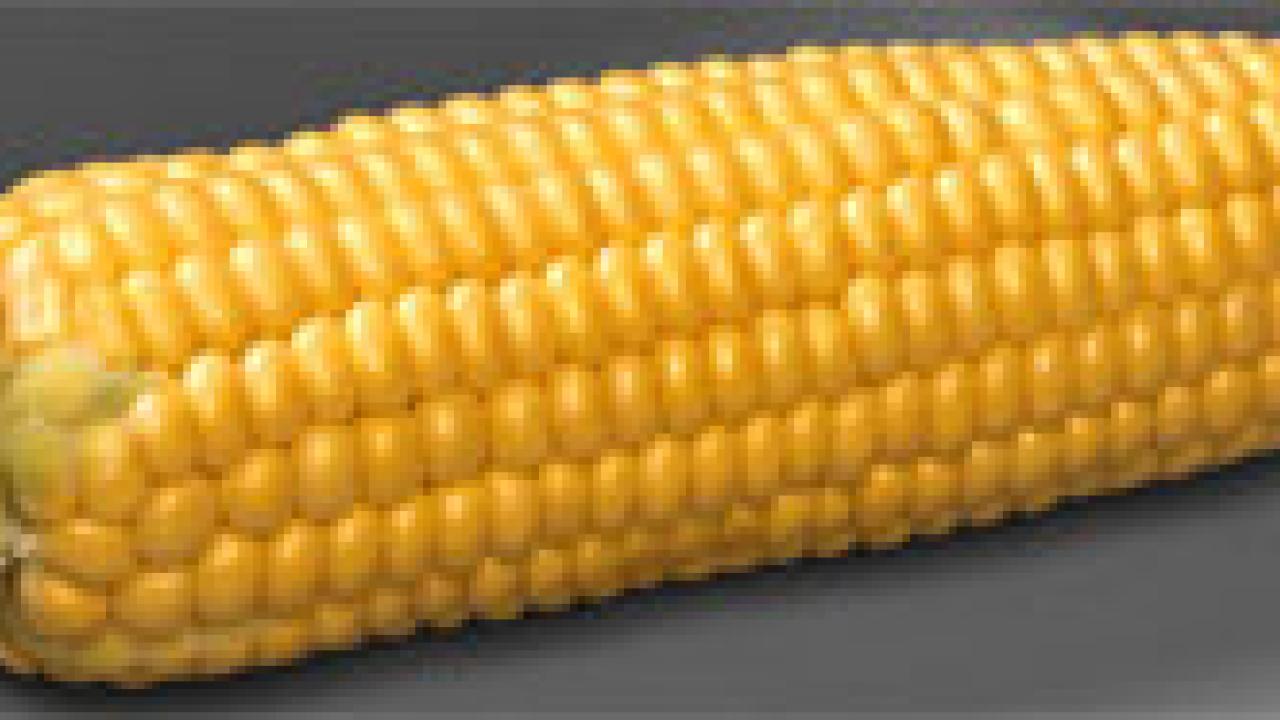Little evidence exists that Mexico is losing its rich tradition of growing corn varieties to the threat of globalization and transgenic hybrids, but a UC Davis agricultural anthropologist is seeing a crisis for the small farmer.
"Overall, the market for Mexican-grown maize or corn for tortillas continues to be robust," says Stephen Brush, a UC Davis professor of community development. "But low prices and competition with U.S. imports have made it impossible for Mexican farmers to support themselves."
As a result, farmers are leaving their wives in rural areas to tend what has been traditionally the male task of fieldwork while they seek employment elsewhere. The men, who have joined Mexico's migrant stream to areas where economies are stronger, sometimes time their trips home during the planting and harvest seasons.
Mexico produces about 80 percent of the maize the country consumes, and most of that is for humans. The country imports the remainder, generally a yellow maize meant for farm animals, from the United States. The Mexican government's withdrawal from protecting the national maize market and lower prices from the United States, however, are pulling down the overall price for the Mexican-grown commodity, Brush says.
In 2004-05, Brush spent a year in Morelia, a city northwest of Mexico City, studying the local consumer markets for traditional varieties of maize as well as the tortilla business. He found a resurgence in homemade tortillas. In fact, that same consumer preference is driving a market for homemade tortillas in the Sacramento area, Brush points out.
"These high-quality handmade tortillas are making a big comeback, and I see that it isn't just the middle-class Mexicans buying them," Brush said. "Clearly what is happening is that Mexicans recognize the quality of the maize and the handmade tortilla."
Brush and a UC Davis graduate student, Angel Pita-Duque, also a faculty member at National Autonomous University of Chapingo in Texcoco, are now planning a more focused study on how the maize farming is being performed in rural Mexican communities despite the financial crisis and the exodus of migrants.
Media Resources
Susanne Rockwell, Web and new media editor, (530) 752-2542, sgrockwell@ucdavis.edu
Steve Brush, Community Development, (530) 752-436, sbbrush@ucdavis.edu
